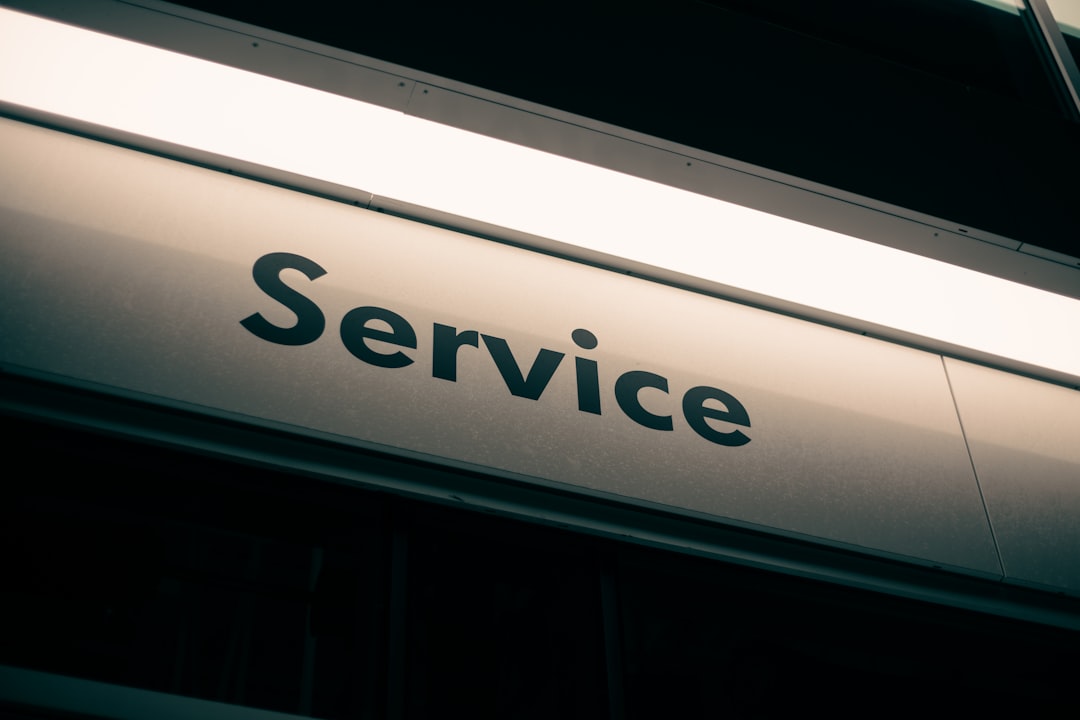
The Florida Keys are a popular tourist destination known for their beautiful beaches, vibrant culture, and laid-back atmosphere. However, with this popularity comes the need for strict code enforcement to maintain the area’s unique character and ensure public safety. As a homeowner or business owner in the Florida Keys, it’s essential to understand the code enforcement process and how it affects your property. In this article, we’ll delve into the complexities of code enforcement in the Florida Keys and provide guidance on how to navigate the system.
Code Enforcement in the Florida Keys: An Overview
Code enforcement is the process of ensuring that properties in the Florida Keys comply with local building codes, zoning regulations, and other ordinances. The Florida Keys are divided into several municipalities, each with its own code enforcement department. These departments are responsible for enforcing codes and regulations, issuing citations, and conducting inspections. The goal of code enforcement is to maintain the aesthetic appeal of the area, ensure public safety, and prevent blight.
Types of Code Enforcement Violations
Code enforcement violations can take many forms, including:
1. Building code violations: Failure to comply with building codes, such as lack of permits, improper construction, or inadequate electrical or plumbing systems.
2. Zoning violations: Failure to comply with zoning regulations, such as operating a business in a residential area or building a structure that exceeds height or setback limits.
3. Nuisance violations: Failure to maintain a property in a clean and safe condition, including issues with trash, debris, or overgrown vegetation.
4. Sign violations: Failure to comply with sign regulations, including size, location, and content restrictions.
Consequences of Code Enforcement Violations
The consequences of code enforcement violations can be severe, including:
1. Fines and penalties: Citations can result in fines and penalties, which can add up quickly.
2. Property damage: Failure to comply with codes and regulations can lead to property damage, including structural issues or environmental hazards.
3. Business disruption: Zoning and sign violations can disrupt business operations, leading to financial losses and reputational damage.
4. Legal action: Failure to comply with code enforcement orders can result in legal action, including lawsuits and court-ordered penalties.
How to Avoid Code Enforcement Violations
To avoid code enforcement violations, it’s essential to:
1. Familiarize yourself with local codes and regulations: Review local ordinances and building codes to ensure compliance.
2. Obtain necessary permits: Secure permits before starting construction or renovation projects.
3. Maintain your property: Keep your property clean, safe, and well-maintained to avoid nuisance violations.
4. Consult with a code enforcement lawyer: If you’re unsure about code compliance or have received a citation, consult with a code enforcement lawyer to navigate the system.
The Role of a Code Enforcement Lawyer in the Florida Keys
A code enforcement lawyer can play a crucial role in navigating the complexities of code enforcement in the Florida Keys. A code enforcement lawyer can:
1. Review code compliance: Review local codes and regulations to ensure compliance and identify potential issues.
2. Negotiate with code enforcement officials: Work with code enforcement officials to resolve issues and negotiate settlements.
3. Represent you in court: Represent you in court if legal action is taken against you.
4. Provide guidance on code enforcement procedures: Provide guidance on code enforcement procedures and help you understand the process.
Tips for Working with a Code Enforcement Lawyer
When working with a code enforcement lawyer, it’s essential to:
1. Be prepared: Gather all relevant documents and information about your property and the code enforcement issue.
2. Communicate clearly: Clearly communicate your concerns and goals to your lawyer.
3. Follow their advice: Follow your lawyer’s advice and guidance to ensure the best possible outcome.
4. Be patient: Code enforcement cases can be complex and time-consuming, so be patient and prepared for a lengthy process.
Conclusion
Code enforcement in the Florida Keys is a complex and nuanced process that requires careful attention to local codes and regulations. As a homeowner or business owner, it’s essential to understand the code enforcement process and how it affects your property. By familiarizing yourself with local codes and regulations, obtaining necessary permits, maintaining your property, and consulting with a code enforcement lawyer, you can avoid code enforcement violations and ensure the continued success of your property. Remember to be prepared, communicate clearly, and follow your lawyer’s advice to navigate the complexities of code enforcement in the Florida Keys.